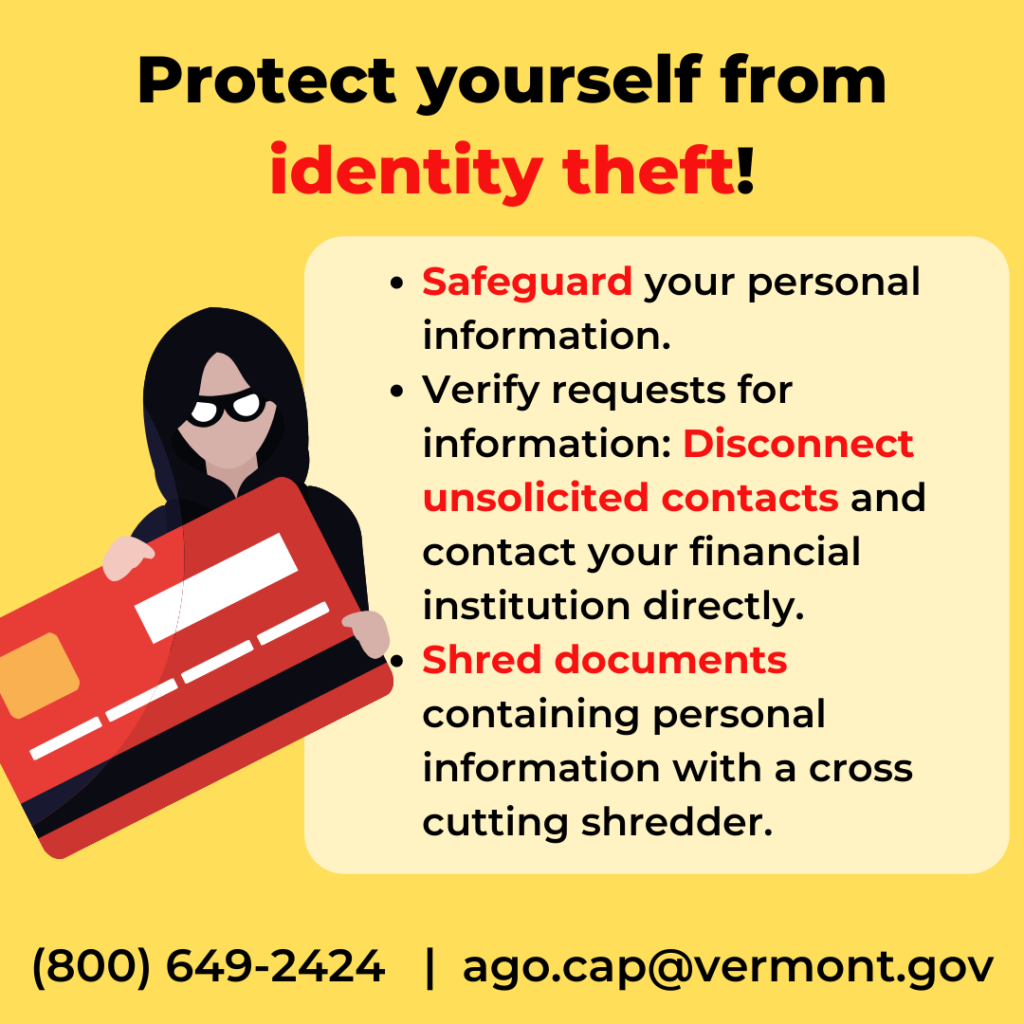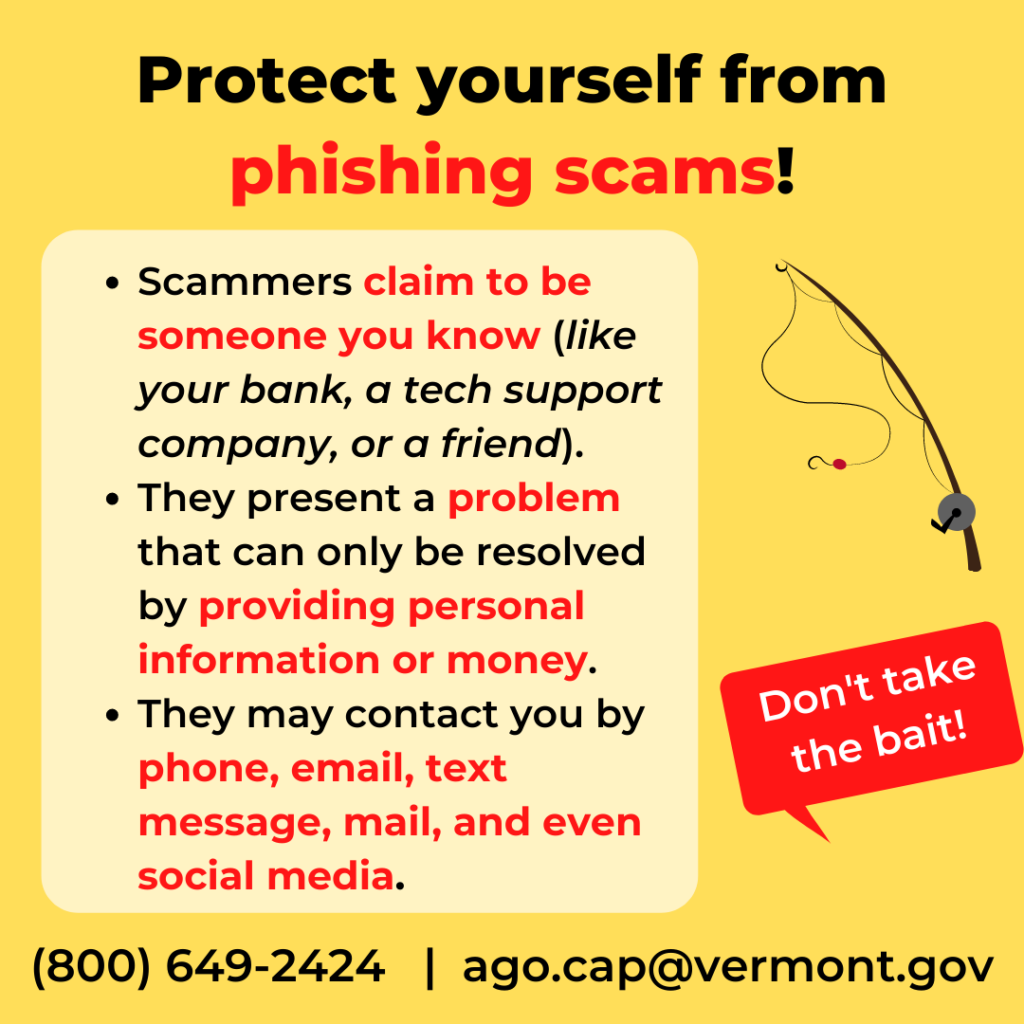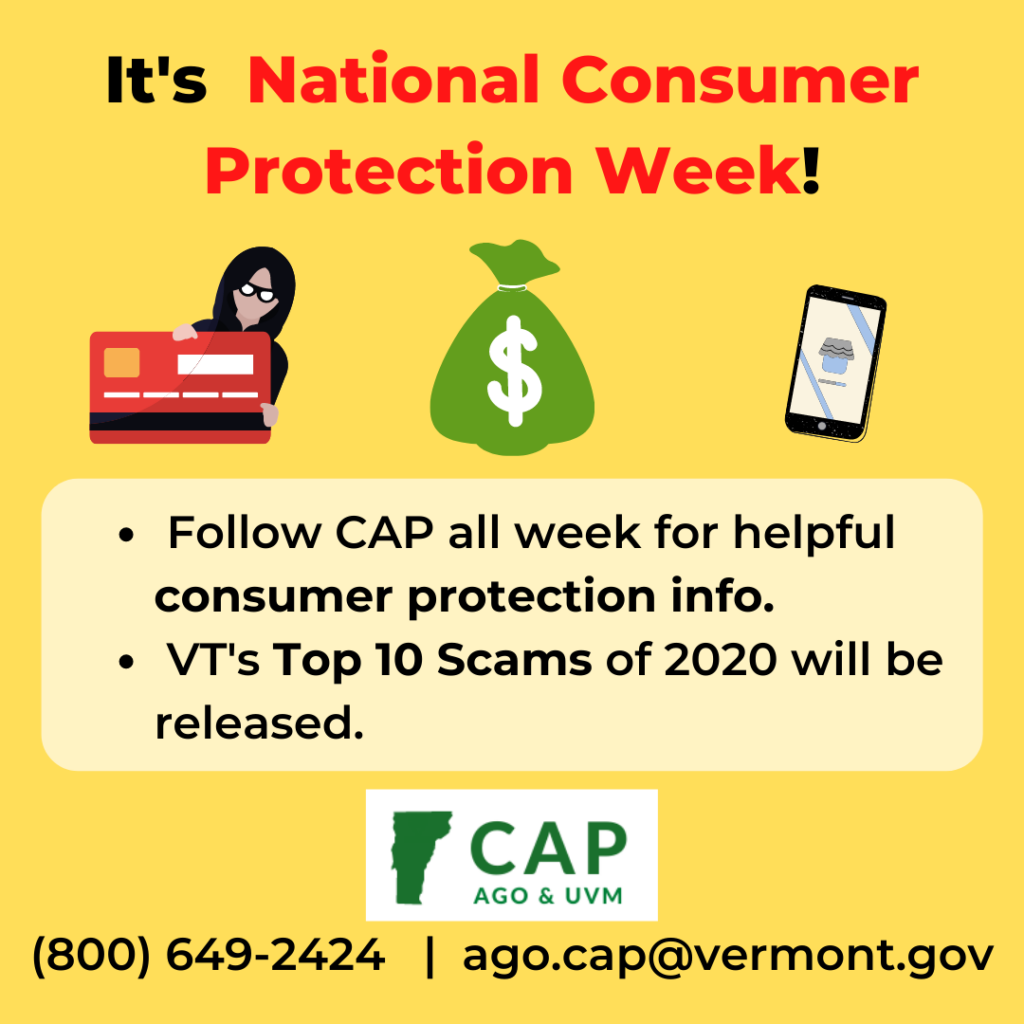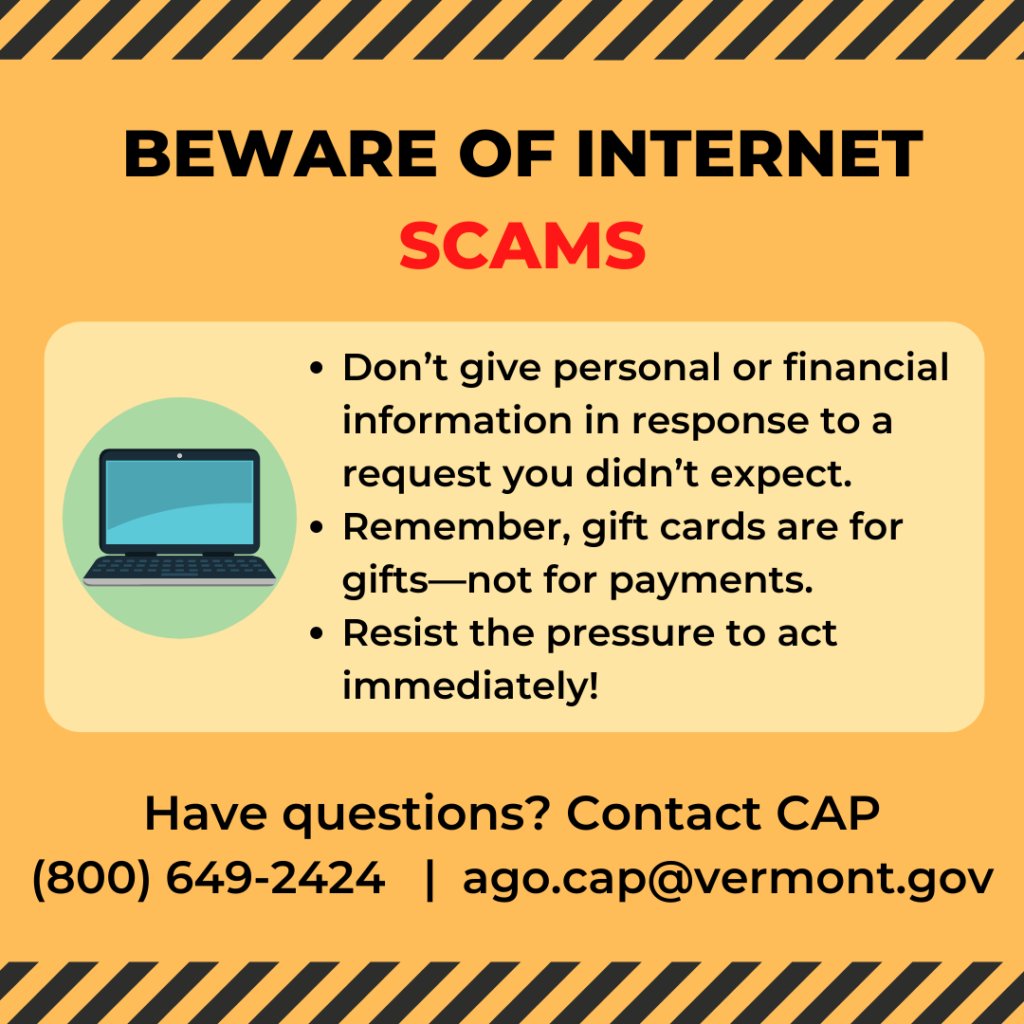By Crystal Baldwin
My dad lost his hearing while working as a fighter jet mechanic on an aircraft carrier. As the jets took off and landed, he was uncomfortably close to their reverberating buzzsaw rumble. The resulting ringing in his ears (tinnitus) proved a constant source of agitation the rest of his life. When I talked to him about a potential solution, he would shrug and say, “Hearing aids are expensive, and they aren’t going to make the ringing go away.” He wanted an easy solution and a quick fix to bring back his hearing. If someone made the promise that he could have his hearing returned with the purchase of a low-cost over-the counter device, he probably would have bought it.
Such quick fix products are on the market today. The trouble is, unlike traditional FDA-approved hearing aids, which a consumer would purchase through the process of visiting their doctor and being fitted, the quick fix over-the-counter hearing aids come with no FDA backing—even if they say they do. Congress authorized the sale of over-the-counter hearing aids for adults with mild to moderate hearing loss in 2017. At the time, the Food and Drug Administration (FDA) was directed to establish regulations: standards for safety, consumer labeling, and manufacturing protections. FDA regulations of over-the-counter hearing aids have not yet been established.
When considering purchasing hearing aids or similar products, it is recommended to:
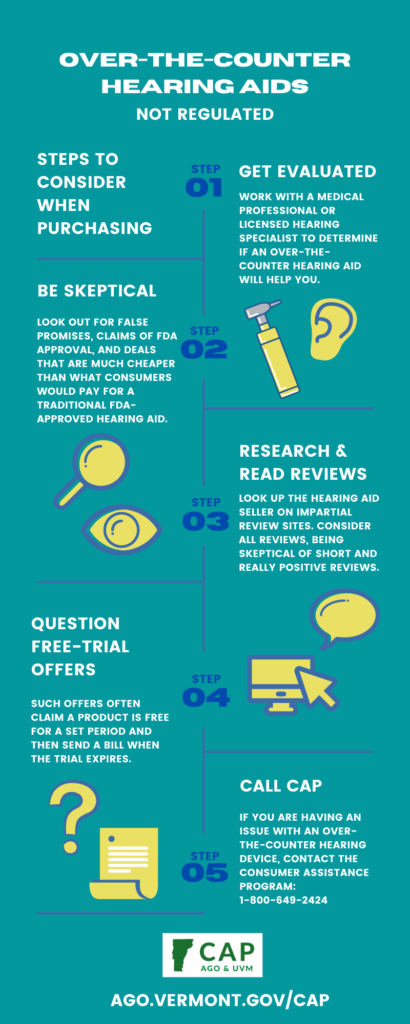
- Be evaluated by a medical professional or licensed hearing specialist to determine if an over-the-counter hearing aid will help you.
- Watch out for and avoid over-the-counter hearing aids that make false claims about the product, such as stating they are FDA-approved, endorsed by the FDA, or have an “FDA Registration Certificate”.
- Do your homework! If a deal seems too good to be true, then it probably is.
- Research the hearing aid seller on impartial review sites.
- Consider all reviews, being skeptical of short reviews and extremely positive testimonials and reviews on a company’s website.
- Be skeptical of promises of deals that are much cheaper than what consumers would pay for a traditional FDA-approved hearing aid.
- Question free-trial offers, which claim the product is free to try for a set period but will bill you at the end of the free trial.
If you are having an issue with an over-the-counter hearing device, Vermont consumers can file a complaint with the Vermont Attorney General’s Consumer Assistance Program.
Resource: US Food and Drug Administration: Hearing Aids: https://www.fda.gov/medical-devices/consumer-products/hearing-aids

